

With Father’s Day upon us, Dads around the world will feel all kinds of appreciation. From random homemade gifts to incessant nagging from family members, lots of joy is ahead. We’re celebrating the games that fathered the MMO genre. As such, it’s only appropriate that we take a look back at the genre as a whole and appreciate the virtual fathers of the modern day MMORPG.
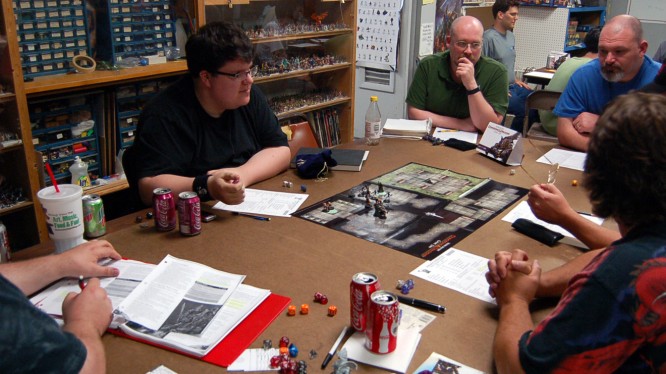
Tabletop D&D
Unlike most game genres, a clear line of origin and evolution cannot be determined for MMORPGs. Part of that is due to the fact that MMOs have their true origin outside of video games with the tabletop roleplaying game that started it all: Dungeons and Dragons (D&D). Essentially everything that we know as the basis of what makes a game an RPG (adventuring, character development, progressions, roleplaying, and everything in between) was first seen in D&D.
Obviously, it’s a lot different when you’re playing primarily with pens and paper on a table, rather than on a computer screen, but the ideas were still there. After that, Multi-User Dungeons (MUDs) pushed those concepts even further. These were still not enough to qualify as the first MMOs, as they were just a handful of players and some were even entirely text-based without any visual elements, but they were getting closer. Some of the first MUDs included games like Adventure and Mazewar.
Moving past these games into the early 90s, when the internet was finally becoming more accessible and affordable for average consumers, and we saw the release of the very first, true graphical MMORPG in 1991: Neverwinter Nights (not to be confused with the RPG later developed by Bioware of the same name). Fittingly, it was based on the popular Forgotten Realms campaign area within D&D by the same name. The game is a far cry from what is considered standard fare in today’s MMO market, but the game was a technical marvel around its launch. In fact, the game ran on AOL and even required you to pay several dollars per hour just to log into the game.
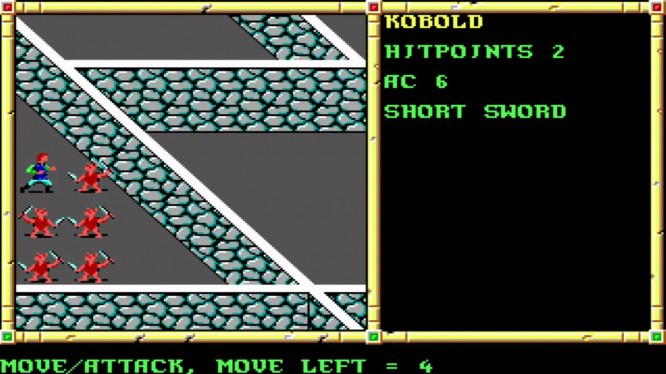
Neverwinter Nights (1991)
Since Neverwinter Nights back in 1991, we’ve obviously seen hundreds of games hit the market in over 20 years. The two that brought the genre to the hardcore audience however, were Meridian 59 in 1996 and Richard Garriot’s Ultima Online in 1997. Both of these games are still running to this day, with Ultima often being misidentified as the father of the genre. While Garriot may have been the first developer to “coin” the phrase “MMORPG”, his game was far from the first to actually fit the genre description. What it lacked in timeliness however, it made up for in popularity and quality.
To this day, Ultima Online remains to be one of the greatest MMO sandboxes ever created with some of the best PvP and most intense open world gameplay. It essentially facilitated the creation of “ganking”, long-term character development, immersive gameplay, true roleplaying in a game, and a sustainable MMO infrastructure. By refining on the games that came before it, Ultima was able to take the crown within the hardcore gaming audience and became a permanent part of gaming history.
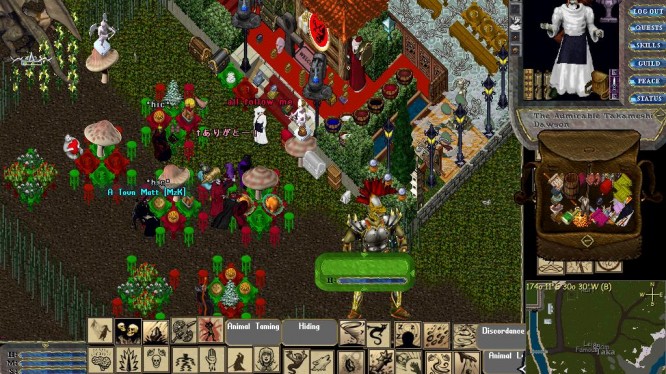
Ultima Online
Shortly after in 1999, the big game that finally made MMORPGs commercially successful and publicly accepted in the United States, was Sony Online Entertainment’s EverQuest. EverQuest, or EverCrack as it was commonly referred to, was the first large-scale 3D graphical MMORPG and while it may have been morphed into a watered down free-to-play version of its former self, the gun has been running for what seems like forever with well over a dozen expansions released to date. I can say, with personal validation, that EverQuest has ruined lives – it was that addictive and immersive. For the first time to most gamers, they were finally able to truly peer into another world, a fully realized 3D graphical world, and roleplay as their characters.
Where Ultima Online was a 2D isometric experience, EverQuest offered a similar experience from a 3D perspective. On the heels of EverQuest, releasing that same year, was Asheron’s Call. AC didn’t exactly tread new ground, but it pioneered many of the facets we know today in open world PvP games. The massive scale of competitive gameplay put AC on another level, achieving heights neither EQ nor UO ever could. Combined together, these three games would go down as not the original fathers of the industry, but the first games to popularize the genre in the West.
Nowadays, the genre is dominated primarily by the current king, Blizzard’s World of Warcraft. Ever since EverQuest passed the torch several years ago, this game has completely controlled the market in all aspects, becoming not only the most successful MMO of all-time, but becoming a household name across the world. Subscribers are declining though and new games are getting better and better with challengers like Guild Wars 2, The Elder Scrolls Online, WildStar, and much more. Today, the MMO genre is so diverse there is assuredly something for literally everyone. Whether you want to fly a ship in outer space and engage in all-out war in real-time with hundreds of other players, build a house in the wilderness, embark on epic quests in Middle Earth, scavenge in a post-apocalyptic world, or just fight some orcs and elves like everyone else, there is an MMO for you.
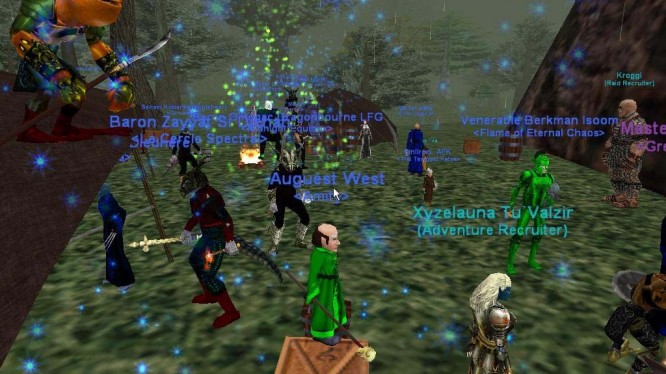
EverQuest
Since the genre has come so far, it may be easy to forget where it all started. For many gamers, myself included, we were far too young to play and appreciate MMOs prior to Ultima and EverQuest. It’s hard to imagine a world before graphical MMOs, but it existed. Regardless of where the genre goes from here, on Father’s Day, it’s important to recognize and appreciate not just the roots, but the growth over the past 20+ years. Dungeons and Dragons, Neverwinter Nights, and even traditional MUDs are all still around in some way, shape, or form, which does nothing but bring a smile to my face.
The modern day MMORPG may be nearly unrecognizable when compared to the games that started it all, but we still wish those virtual fathers a very happy Father’s Day!
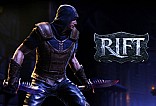
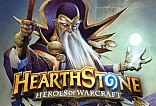
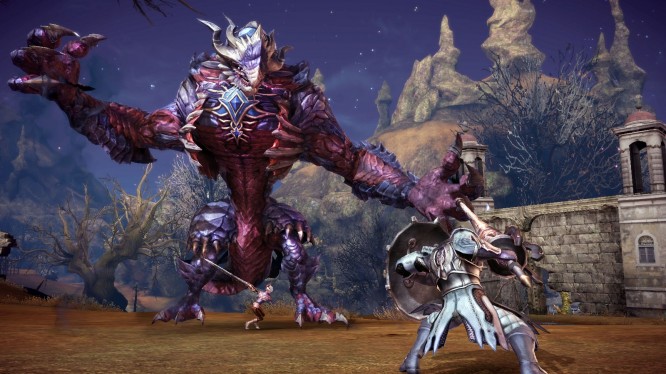
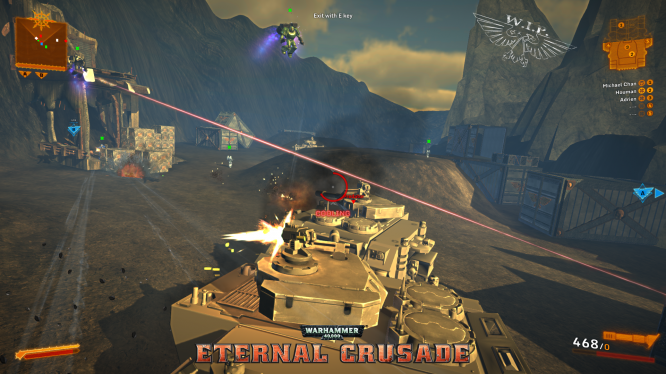
 WoW Wednesday: Hallow's End .
WoW Wednesday: Hallow's End .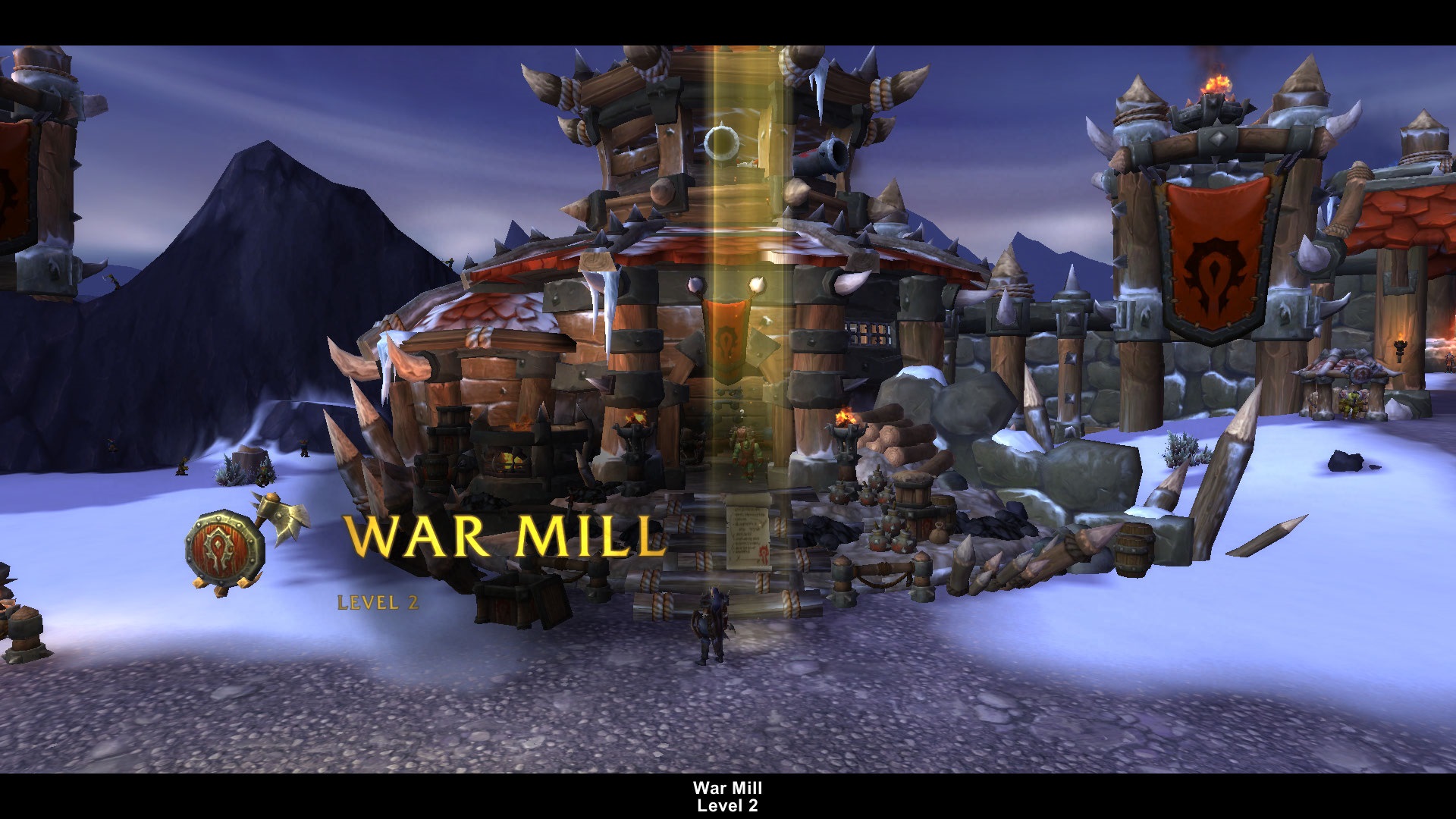 Warlords of Draenor's Garrisons - Review in Progress #3 .
Warlords of Draenor's Garrisons - Review in Progress #3 .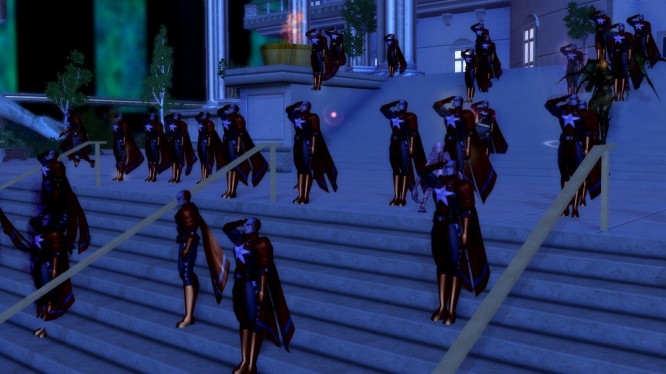 Bringing Back Paragon: An Interview with Nate Downes on City of Heroes .
Bringing Back Paragon: An Interview with Nate Downes on City of Heroes .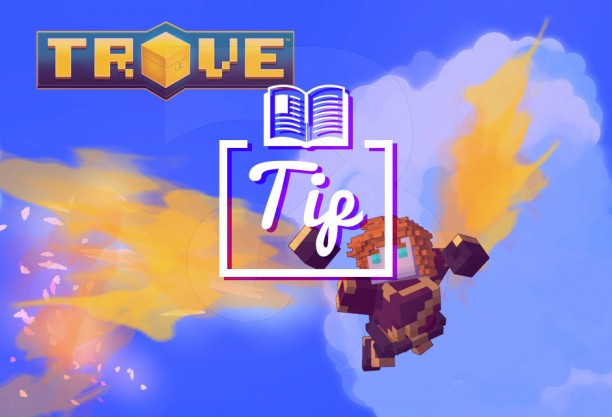 Trove: Beginners Guide to Professions
Trove: Beginners Guide to Professions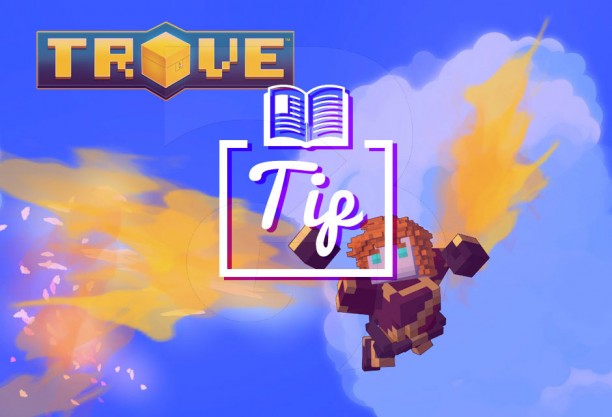 Trove: Guide to the Ice Sage
Trove: Guide to the Ice Sage